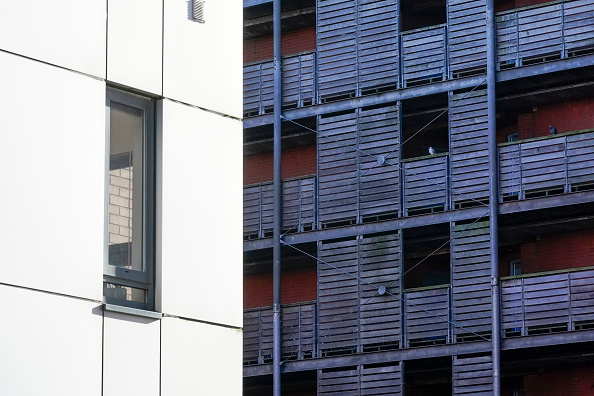Abrdn urges housebuilders to go further than legal requirements in coughing up cladding cash

FTSE 100 asset manager Abrdn has called on housebuilders to do more than the bare minimum to foot the bill to fix blocks with unsafe cladding.
According to a report from Sky News, the City investor has written a letter to big players in the construction sector, urging them to do more than they are legally required.
Firms including Barratt and Persimmon received the plea from the investor to “carefully consider providing additional financing for all affected buildings built by [you] in the last 30 years, regardless of their height or current ownership, in order to accelerate remediation work to remove the burden on leaseholders”.
Abrdn said this “may extend well beyond the company’s legal responsibilities,” however it believed “it would demonstrate a positive approach to comprehensively addressing any interpretation of the company’s moral responsibilities as well”.
It comes as the sector is nearing a deadline to come up with a plan on how to contribute billions to a government fund to fix tower blocks with dangerous cladding.
Relations between housebuilders and Michael Gove appear to have further soured after the minister described the sector as a “cartel”.
A war of words has broken out between developers and the housing minister in the pages of The Telegraph newspaper this week.
The newspaper had reported Gove as telling the Conservative Environment Network that he was “not a poster boy” for developers.
He was quoted as saying: “I’m not particularly popular with developers at the moment because of some of the steps we’ve taken in respect of building safety and some of the other changes we want to make as well.”
“There are 101 changes we want to make, that we’ve essentially got a cartel of volume housebuilders who operate in a particular way, and there are all sorts of unhappy consequences.”
In response, Stewart Bazeley, chief executive of the Home Builders Federation, wrote to Gove of his “considerable concern” over the comments.
He said: “The implications of this remark are significant and entirely unfounded, as are some of the reported comments as to how the industry is approaching the environmental agenda.”